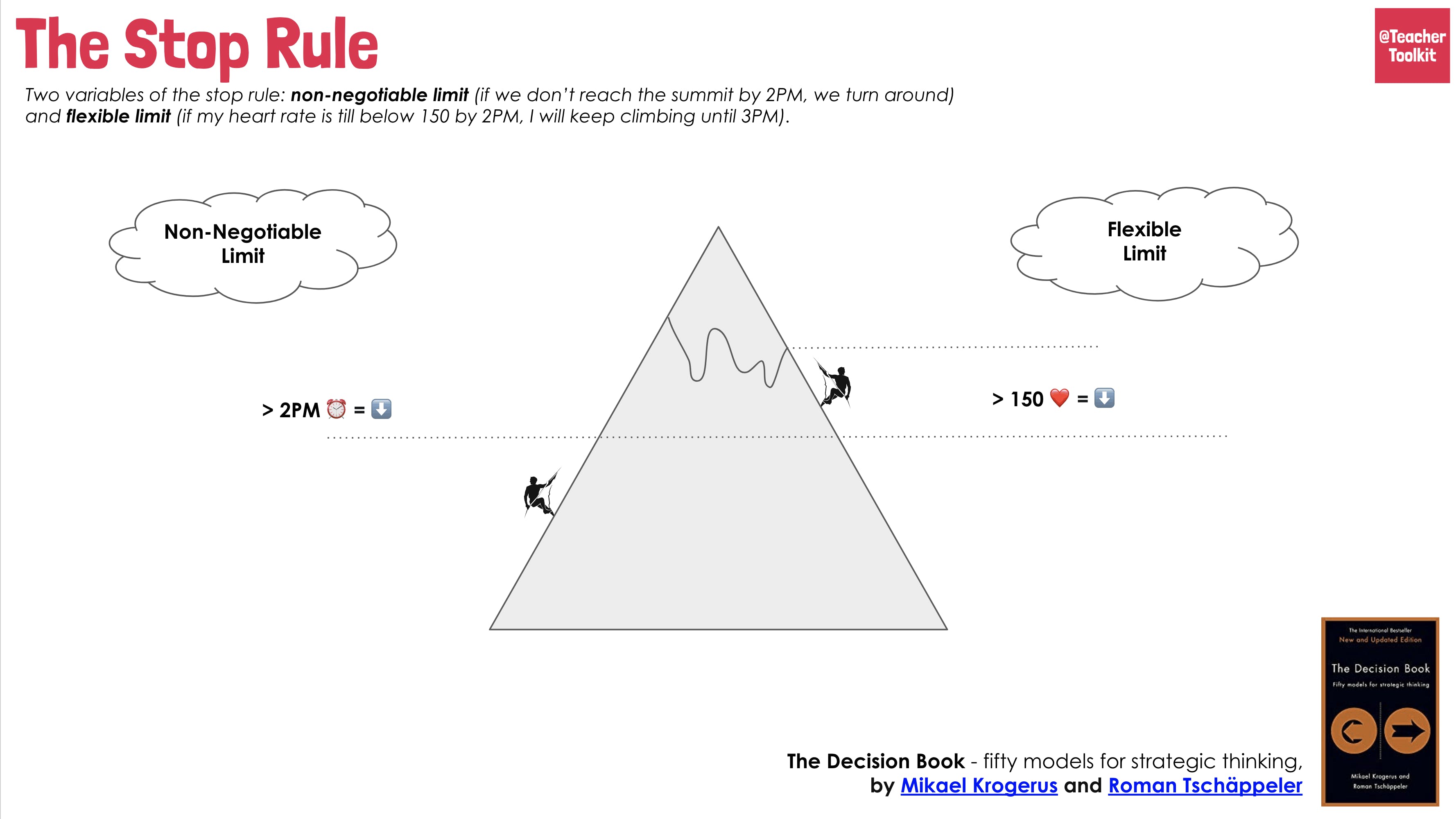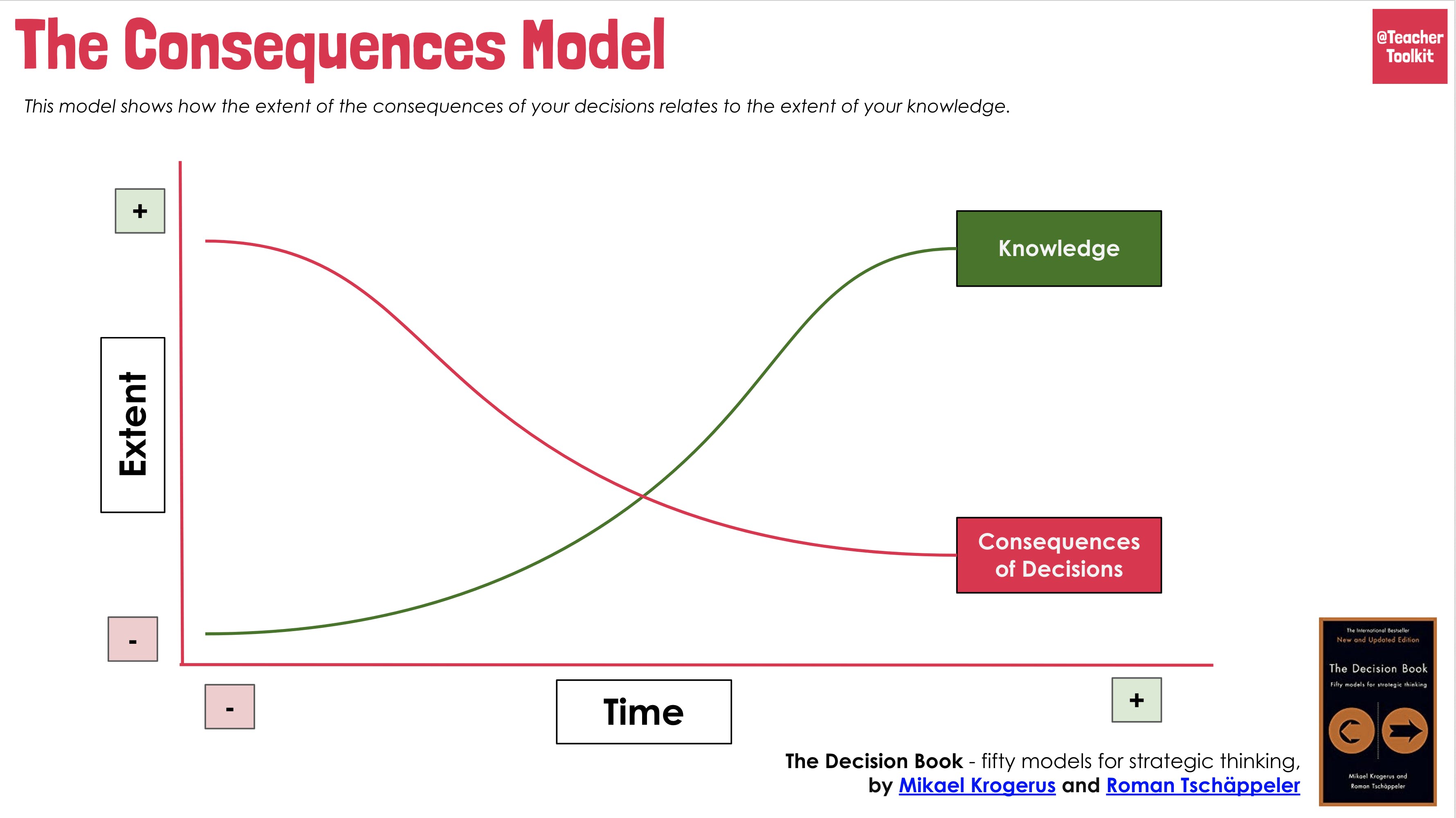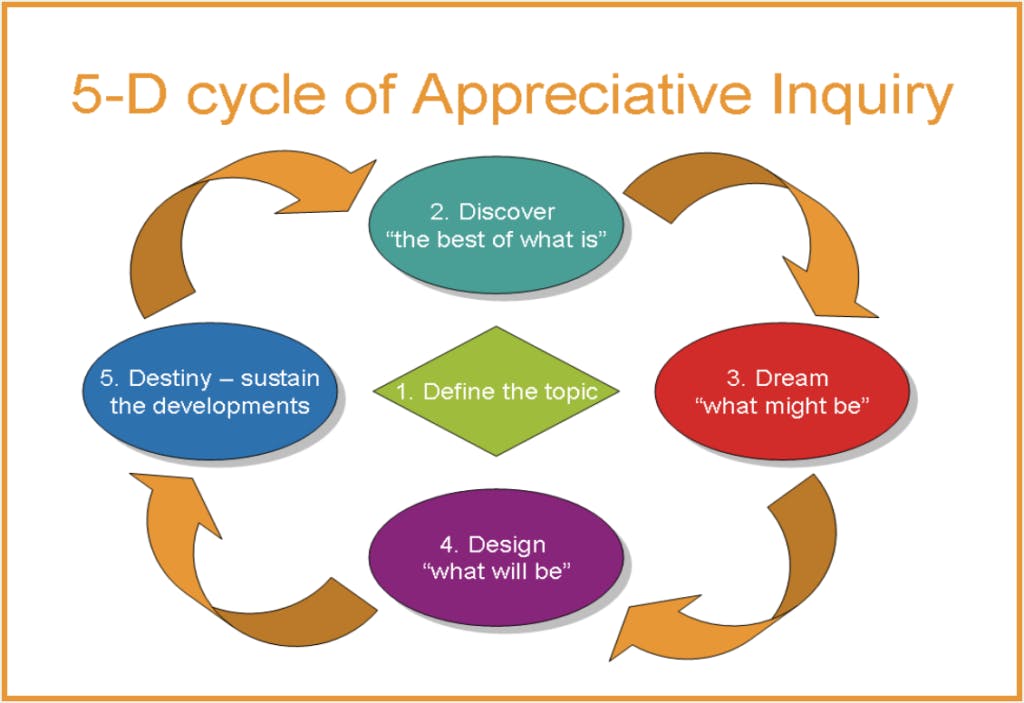Deciding between a good option and a bad option is easy. Should I eat the medium rare ribeye or a live king cobra? I'll have the steak, please.
Deciding between two good options is much more difficult. Should I drive the Lamborghini today or the Ferrari? (Hey, a man can dream.)
I have a tough decision between two great options to make this weekend. I started Dan Mall Teaches to pursue teaching and content creation full-time, and I’m almost able to fully do that. But, I’ve taken on a few small consulting gigs to pay the bills and because they’re fun and interesting.
One of those gigs is with a great company that has a lot of interesting opportunities. I work with them for 1½ days each week, consulting on how to establish and grow their design system. I like the people I work with there—I know some folks from there read this newsletter… you know I’m enjoying our work together!—and they pay well, and early. My contract with them expires at the end of February. I had some Dan Mall Teaches projects lined up for March in case they didn’t want to extend our contract, and I’m pumped for these projects the more I think about them. But, in a conversation today, they mentioned that they’d love to extend our work, and they’ve already earmarked funds for me until June.
How lucky I am! And also, quite the dilemma! In some ways, I wish they would have told me that they don’t want to renew, because the decision would have been made for me. And sure: I still have 3 days each week that I can work on my own stuff. But I’m used to working with clients full-time. Consulting part-time is new for me. I can’t help but think about ideas for my clients on my “off days.” It’s not the time I want back; it’s the mental space.
Lately, I’m burdened from the weight of context switching. Years ago, I actively tested my limits and learned that I could work on 12 simultaneous projects without feeling like I was dropping too much. But even if I can do that, I don’t like it. I’m craving focus. I want an answer to the question, “What would my work look like if I was able to wholly focus on it?”
Pragmatically, I could use the cash from consulting. Running SuperFriendly for years left me with a decent bit of financial runway to figure out what I want to do next, but it isn’t an infinite amount. I’m fortunate and grateful that revenue from my products makes up most of what I need to pay my bills each month, but it doesn’t feel consistent enough or have high enough profitability for me to feel fully comfortable with it yet. I have this urge that 1 or 2 more big ideas that I want to execute can put it over the hump where I am comfortable enough financially, but I need to find the brainspace—and calendar space—to work on them and get them out the door.
So, tough decisions ahead! Keep a good thing going with the cash from current consulting clients, or literally buy my brain space back by relinquishing the revenue that consulting brings in?
Luckily, I impulse bought a tiny book at a checkout counter a few months ago called The Decision Book: 50 Models for Strategic Thinking. Let’s use it here to make this decision the way that professionals do: by flipping to 3 random pages and blindly following their guidance.
Random flip #1: The Stop Rule

The foundation behind the stop rule is this: “simple rules are more effective than complex ones because they shorten the amount of time needed to process information, one of the most time-consuming processes of all.” For example, if we were trying to climb Mt. Everest, a stop rule would be, “If we don’t reach the summit by 2pm, we turn around.”
When I ran SuperFriendly, I had a stop rule that the amount of profit a project brings would only be a factor in deciding whether we should take a project if we had less than 3 months’ worth of expenses in the bank. I don’t have specific stop rules for Dan Mall Teaches yet, but if I carry it over SuperFriendly’s, I have a more than 3 months’ worth of expenses in the bank, so this model says I should stop consulting.
Random flip #2: The Consequences Model

At the beginning of projects, early decisions have the most far-reaching consequences, but you usually have the least amount of information then. At the end of a project, “we know more and have fewer doubts, but by then there is no longer anything fundamental to decide.”
This model suggests being courageous and making decisions based on minimal information. This model says… nothing specific about my choice.
Random flip #3: The AI model
Despite it being all the rage nowadays, this isn’t an artificial intelligence model. (Though I did ask ChatGPT and it said, “Ultimately, the decision should be based on what aligns best with your overall goals and priorities.” Thanks for nothing, bruh.)

This model is the Appreciative Inquiry model, where you focus on positive attributes rather than negative ones. Typical decision scenarios usually start with a question like, “What is the problem?” which already puts you in a negative mindset. The appreciative inquiry model suggests replacing that question with, “What is going really well at the moment?” instead.
This model says I should continue consulting because it’s already going well.
So far, the score is tied. I think I know what I’ll do.
What would you do? Stick with a great client that pays well and early, or work solely on your own stuff even at the risk of less financial stability? What factors and models influence your decision-making?
Read Next
The Danger of ‘Whaddya Think?’
Join 62,700+ subscribers to the weekly Dan Mall Teaches newsletter. I promise to keep my communication light and valuable!